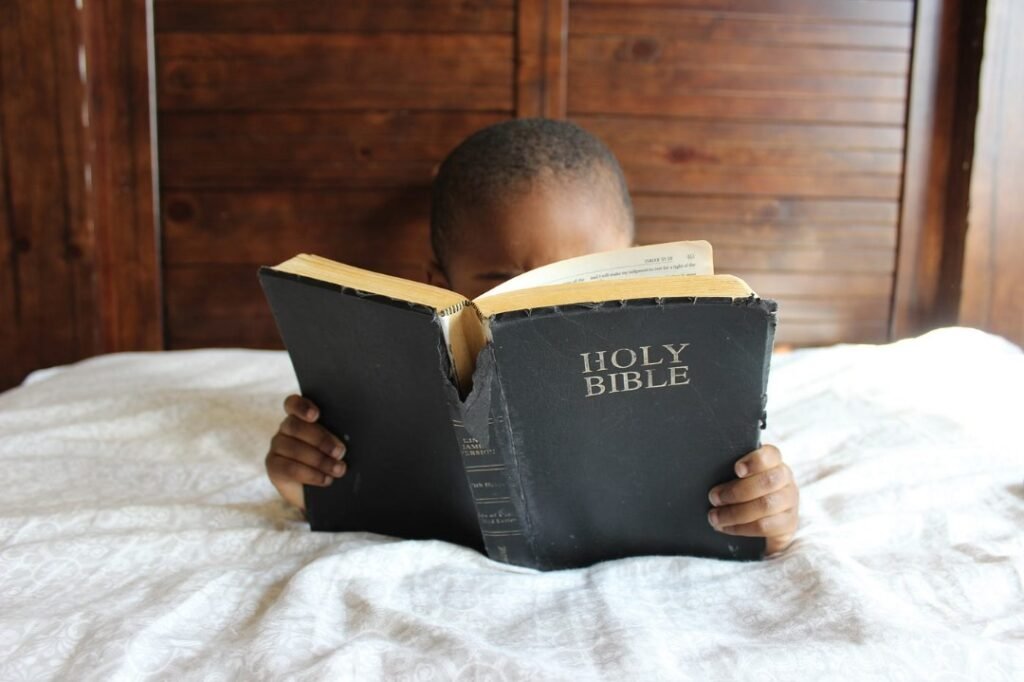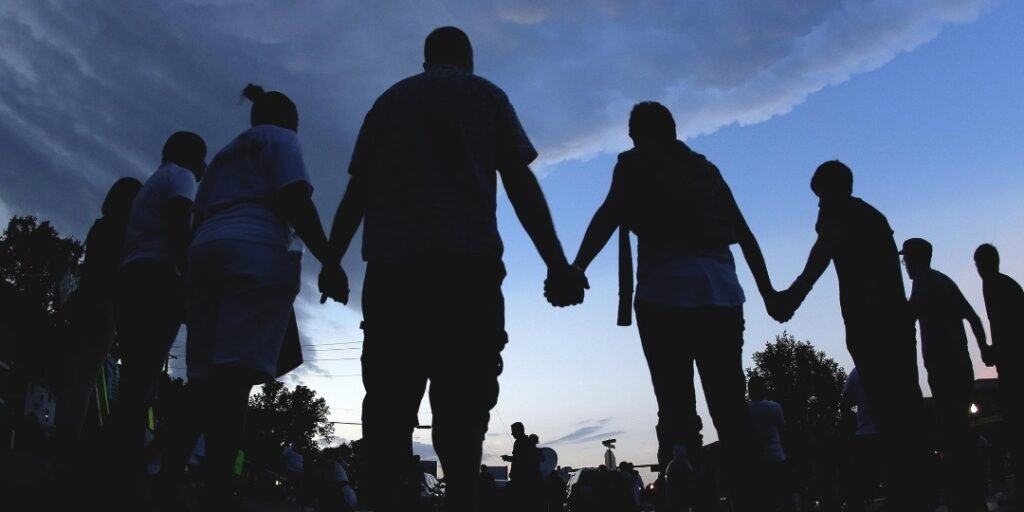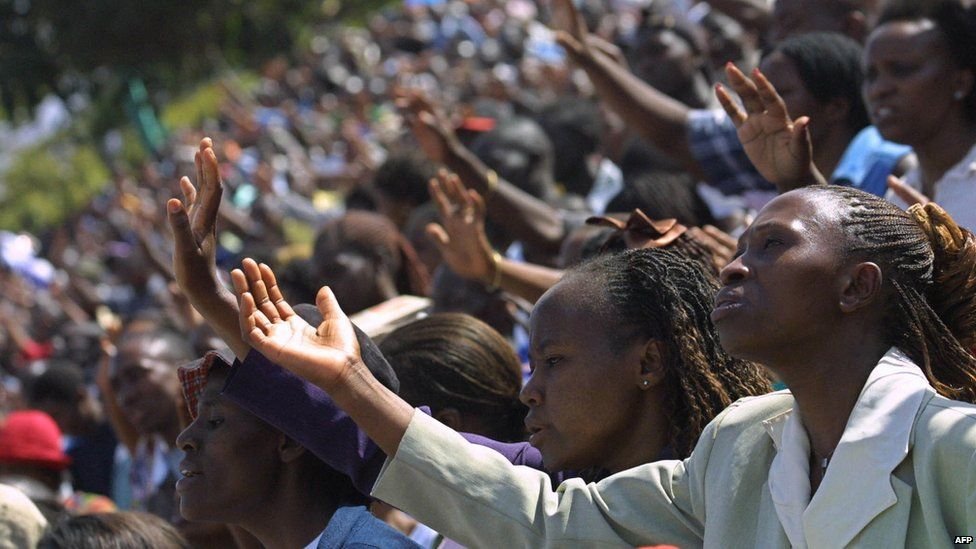Religion has always been a complex and deeply personal aspect of human life. It is shaped by various factors such as culture, history, and personal beliefs. In the case of black people, Christianity has played a significant role in their lives for centuries. Despite the changing times and the diversification of religious beliefs, many black individuals continue to identify as Christians in 2024.
Historical Context
To understand the reasons behind the continued presence of Christianity among black people, it is important to consider the historical context. Christianity was introduced to Africans during the era of slavery, where it was used as a tool for control and oppression. However, over time, black people reshaped and reinterpreted the religion to fit their own experiences and struggles.

Christianity provided a source of hope, strength, and resilience in the face of adversity. It became a means of resistance against the dehumanizing effects of slavery and a way to foster a sense of community and solidarity among black individuals. The spiritual songs, such as gospel music, became an integral part of their culture and identity.
Religious Freedom and Choice
In the present day, black people have the freedom to choose their religious beliefs. While some have explored other faiths or adopted more secular worldviews, many have chosen to remain within the Christian faith. This choice is influenced by a variety of factors, including personal experiences, family traditions, and the desire to maintain a connection to their cultural heritage.

For some, Christianity provides a sense of belonging and a community that understands and supports their unique experiences. It offers a space to address social issues, advocate for justice, and promote positive change. Churches often serve as centers for community engagement, providing resources and support for those in need.
Intersection of Faith and Identity
Black Christians often find a sense of empowerment and affirmation in their faith. They see themselves reflected in the stories of biblical figures who faced oppression and triumphed against adversity. The teachings of Jesus, emphasizing love, justice, and equality, resonate deeply with the struggles faced by black communities.
Moreover, black churches have historically been at the forefront of social movements, advocating for civil rights, equality, and justice. The church has been a platform for addressing systemic issues and bringing about social change. This legacy continues to inspire and motivate black Christians to remain active in their faith.
Challenges and Criticisms
While Christianity has been a source of strength for many black individuals, it is not without its challenges and criticisms. Some argue that the religion has been used to justify slavery and perpetuate harmful stereotypes. Others question the relevance of Christianity in a rapidly changing and increasingly secular society.
However, it is important to recognize that religious beliefs are deeply personal and subjective. The experiences of black Christians are diverse, and their faith is not monolithic. Many individuals actively engage in critical discussions and seek to address the complexities and contradictions within their religious traditions.
The Future of Christianity among Black People
As we look towards the future, the presence of Christianity among black people is likely to continue evolving. The younger generation is more diverse in their religious beliefs and may explore different spiritual paths. However, for many, Christianity will remain an important part of their cultural and personal identity.

The black Christian community will continue to engage with social issues, advocate for justice, and promote positive change. They will strive to create inclusive and welcoming spaces within their churches, addressing the concerns and needs of diverse communities.
Ultimately, the reasons why black people continue to identify as Christians in 2024 are deeply personal and varied. It is a testament to the resilience, adaptability, and enduring power of faith in the face of historical and contemporary challenges.
Article updated 5 months ago. Content is written and modified by multiple authors.



